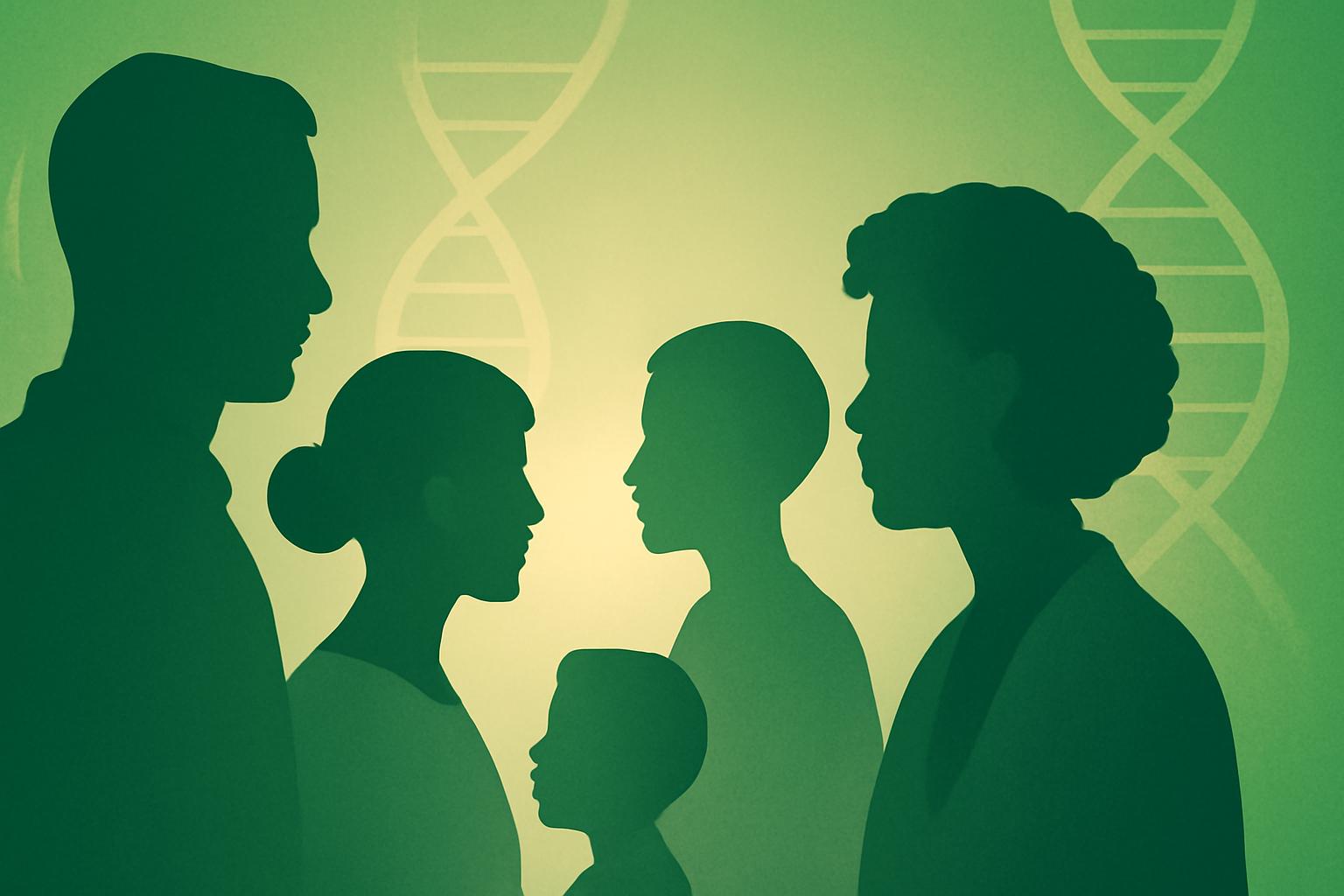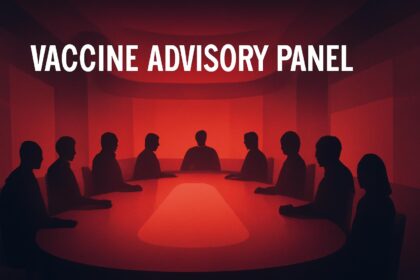The Critical Gap in Family Health Communication
A recent global study conducted by Bupa, surveying 8,000 adults and 169 healthcare professionals across multiple countries including the UK, Australia, and Spain, reveals a significant communication gap regarding family health history. The findings indicate that one in seven individuals has never engaged in conversations about their family’s health background. Moreover, 30% of respondents admitted that the topic of family health history never occurred to them, while 20% acknowledged that open discussions about health are uncommon in their families. Licensed clinical psychologist Sherry Pagoto, who contributed to the study, highlights that these figures suggest that approximately one in seven families lack these critical conversations.
Healthcare Professionals Emphasize the Importance
An overwhelming majority—79%—of healthcare providers surveyed agree that enhanced patient knowledge of family health history could lead to lives saved through more tailored medical care. Understanding genetic predispositions allows physicians to recommend specific screenings and preventive measures.
“More lives could be saved if patients had better knowledge of their family health history,” said Pagoto, underscoring the clinical significance of these dialogues.
Despite its importance, many individuals face barriers to initiating these conversations, including discomfort with the topic and uncertainty about how to approach family members.
Challenges in Discussing Genetic Health Risks
Pagoto, a professor in the Department of Allied Health Sciences at the University of Connecticut, explains that some people are unsure how to start the conversation or how to utilize the information once obtained. This hesitancy can prevent families from accessing critical health insights necessary for proactive care.
Six Expert Tips to Facilitate Family Health Conversations
- Assume openness: Family members, including elderly relatives, may be more willing to share than expected.
- Gauge emotional state: Begin with simple check-ins like “How are you feeling today?” to create a comfortable environment.
- Frame the discussion: Introduce the topic by expressing interest in understanding hereditary health conditions.
- Document carefully: Treat the conversation as constructing a “family health tree” to organize information for medical consultations.
- Delegate research: Involve other family members by dividing responsibilities to cover different branches of the family.
- Share findings: Communicate discovered health risks with both healthcare providers and relatives to inform screening and prevention strategies.
Pagoto emphasizes that family health history provides context rather than deterministic predictions. Genetics represent one factor among many, including lifestyle and healthcare choices, influencing individual health outcomes.
“Your genes are not your fate. They’re one part of an equation. Your lifestyle and your health care is a big part of that equation,” Pagoto said.
She adds that knowledge of genetic risks can serve as a motivational tool, encouraging individuals to prioritize healthier behaviors that might otherwise be neglected.
Taking the Next Step
Starting these conversations may seem daunting, but the benefits for personal and family health are substantial. Engaging openly about genetic risks enables early interventions and informed healthcare decisions, ultimately improving long-term outcomes. Healthcare professionals encourage individuals to seek guidance from their doctors after gathering family health information, asking about appropriate screenings and prevention strategies.
FinOracleAI — Market View
The reluctance of many families to discuss health history presents both a challenge and an opportunity for healthcare providers and technology innovators. Increasing awareness and facilitating communication can enhance preventive care and reduce healthcare costs associated with late diagnoses.
- Opportunities: Development of digital tools to help families document and share health histories securely.
- Risks: Persistent discomfort or cultural barriers may slow adoption of family health discussions.
- Healthcare impact: Improved family health data can enable personalized medicine and early intervention strategies.
- Behavioral change: Genetic awareness could motivate healthier lifestyle choices, reducing chronic disease burden.
Impact: Bridging the communication gap on family health history is critical for advancing preventive healthcare and empowering patients. Encouraging open dialogue and providing practical tools can facilitate this cultural shift.













